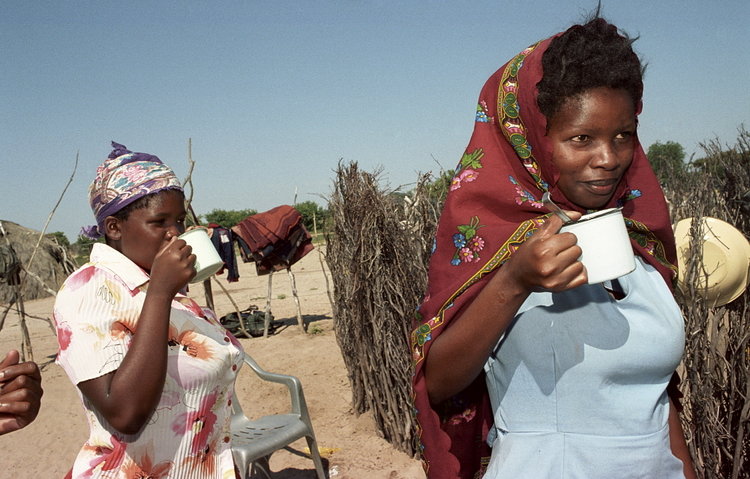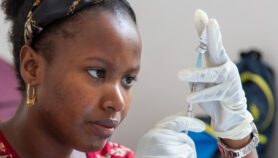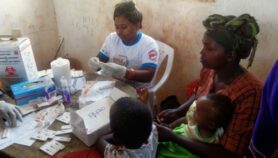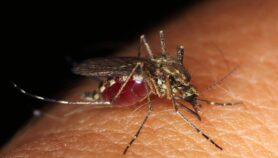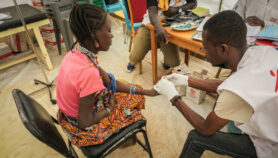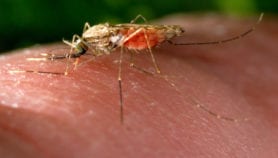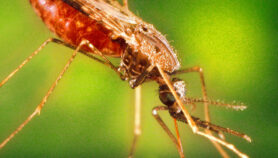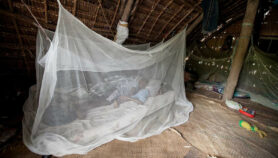By: Sara Naraghi
Send to a friend
The details you provide on this page will not be used to send unsolicited email, and will not be sold to a 3rd party. See privacy policy.
A herbal tea that could combat malaria is due to start its first clinical trial in July, researchers have announced.
The brew, called Saye, will be trialled against the conventional malaria drug artemisinin with funding from the Ministry of Health in Burkina Faso. The Saye tea has been used in the country for more than 30 years.
Saye is a mixture of three plants, including the root of the local N’Dribala plant (Cochlospermum planchonii), and was first licensed as a herbal medicine in Burkina Faso ten years ago. But the compounds it contains that might act against malaria have yet to be identified.
An article published in The Journal of Alternative and Complementary Medicine last week (15 April) explores the anecdotal and laboratory results for Saye ahead of the clinical trial in humans.
“It’s not good enough just to reduce parasites in the blood. You really need to clear malaria completely”
David Baker, London School of Hygiene & Tropical Medicine
Merlin Willcox, a clinical researcher at the University of Oxford in the United Kingdom and one author of the review, says it is hard to predict what the trial will show. There are many examples of drug tests done in petri dishes and in mice that failed to show the same results in later tests involving humans, he says.
According to the paper, tests on mice examined each of the three plants that comprise Saye individually and have shown mixed results. When given to mice orally at a high dose, Phylanthus amarus produced similar results to the antimalarial drug, chloroquine. But Cassia alata has yet to be studied for any antimalarial properties.
When Saye was tested as a whole on mice, it only reduced the number of malarial parasites rather than eliminated them.
This is why David Baker, a malaria parasite biologist at the London School of Hygiene & Tropical Medicine, also in the United Kingdom, is sceptical about the tea’s usefulness. “It’s not good enough just to reduce [parasites in the blood]. You really need to clear malaria completely, or you need to find something else that will clear it up,” he says, because this is crucial to prevent malaria from getting worse again and killing the patient.
Baker also warns that using herbal medicines could result in resistance to antimalarials. “If the herbal medicine [contains] a very different molecule to chloroquine and has a different target in the cell, it likely wouldn’t lead to cross resistance,” he explains. But, he adds, if you are unlucky and it has the same target, then it could.
The paper states that there is anecdotal evidence that drinking Saye can have side effects such as diarrhoea and appetite loss. Since the production of Saye is rising in Burkina Faso, the researchers hope their work will provide more evidence of the product’s safety.
The government of Burkina Faso has expressed an interest in using the trial’s results to create standards and dosage recommendations for Saye.
References
Zéphirin Dakuyo and others Saye: the story of an antimalarial phytomedicine from Burkina Faso (The Journal of Alternative and Complementary Medicine, 15 April 2015)


